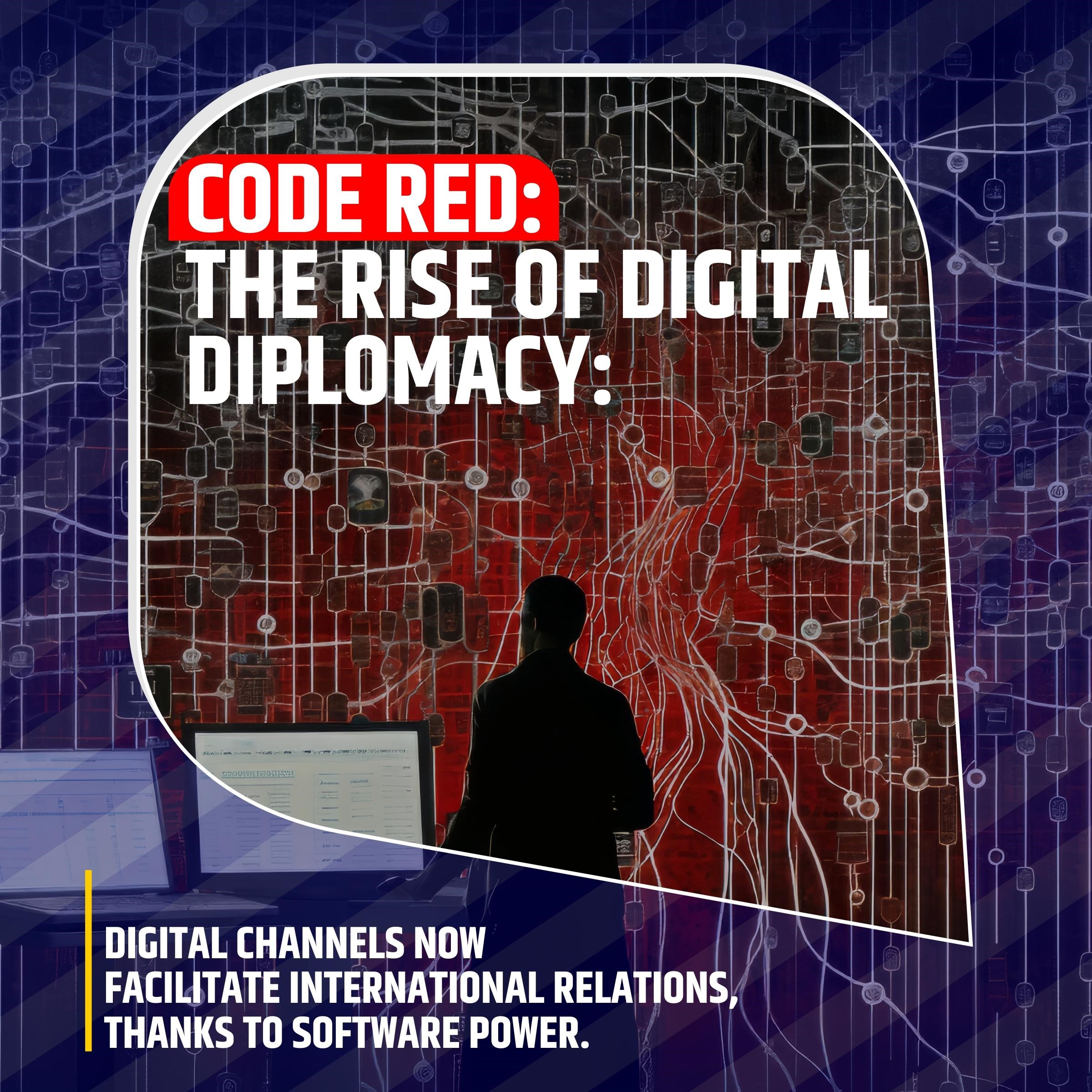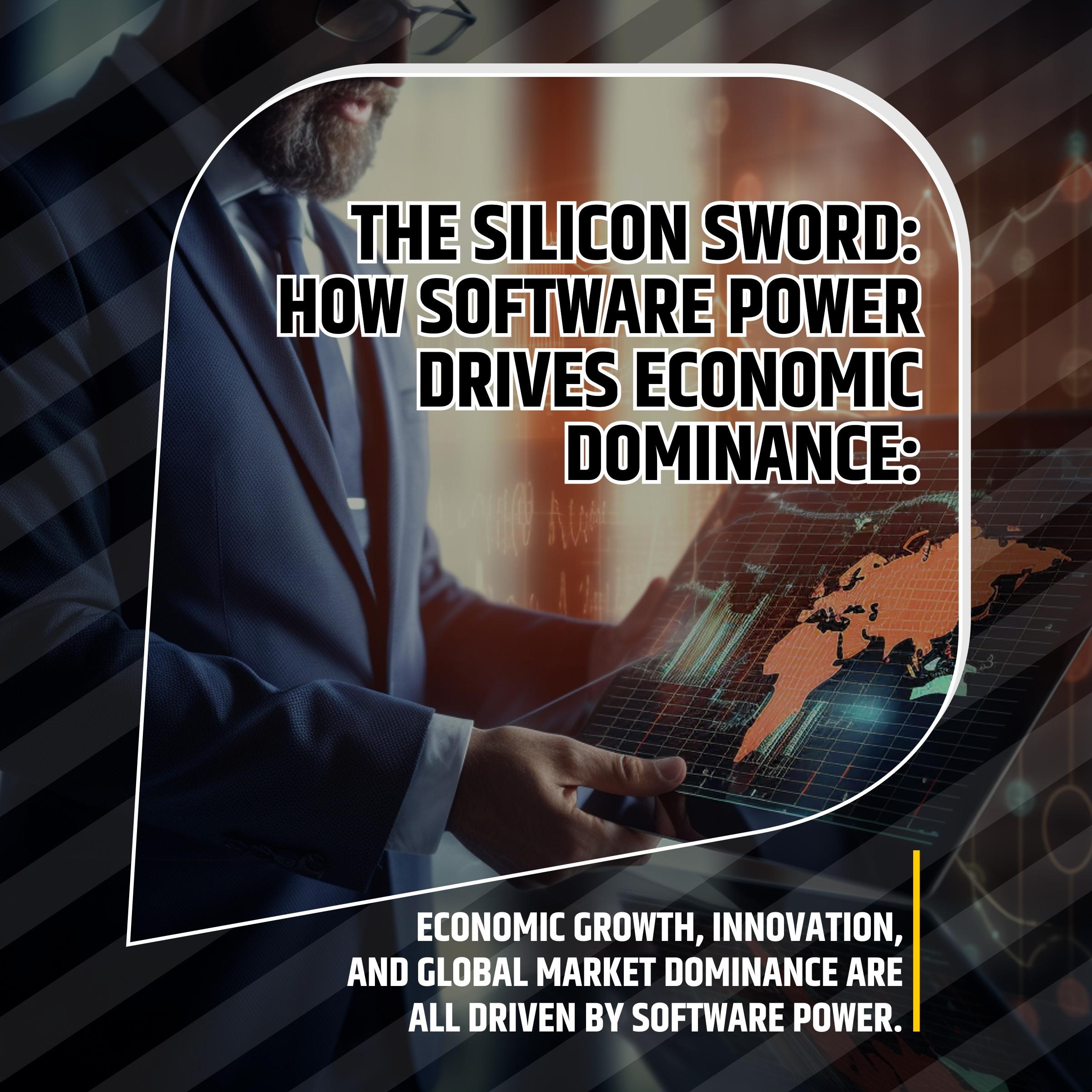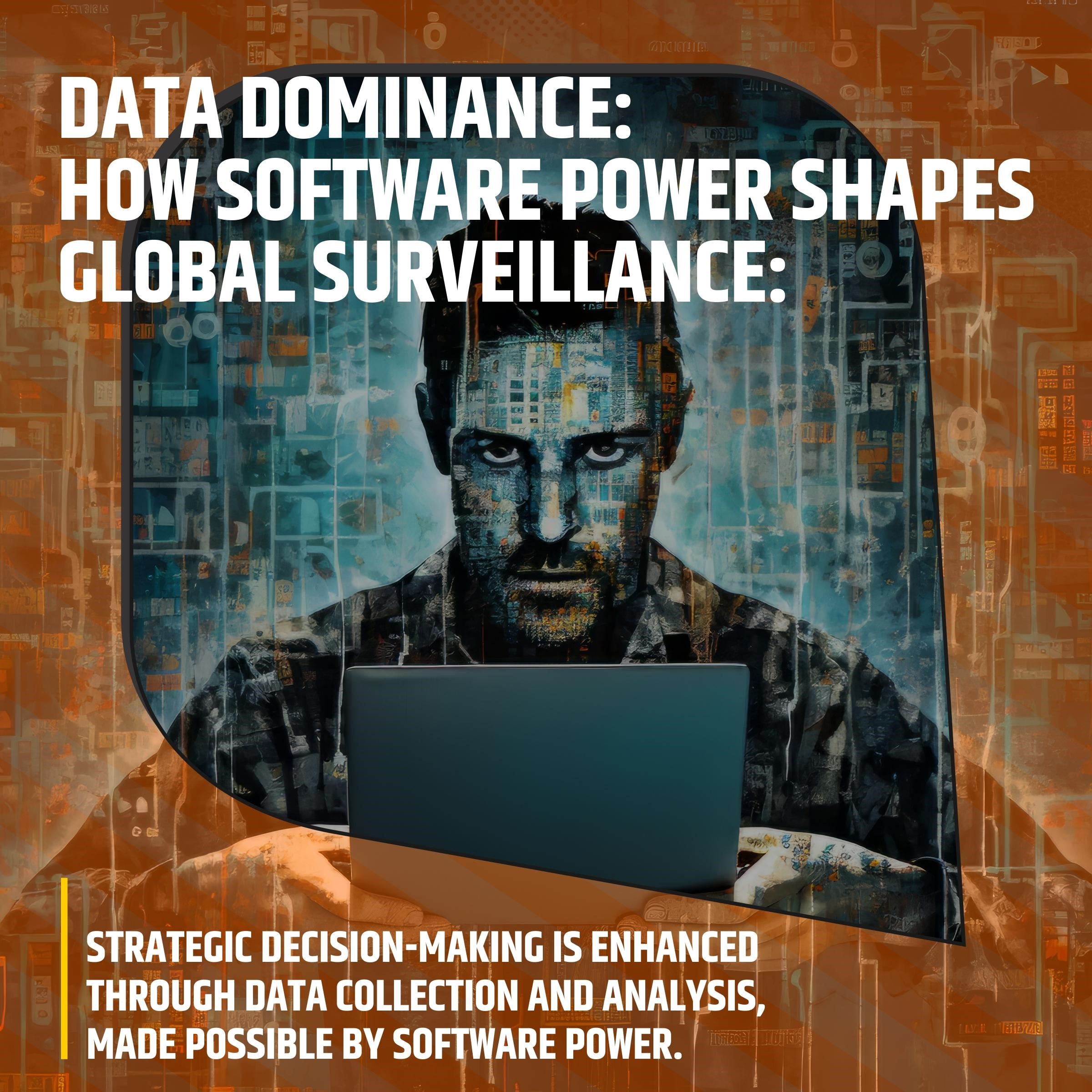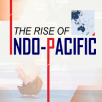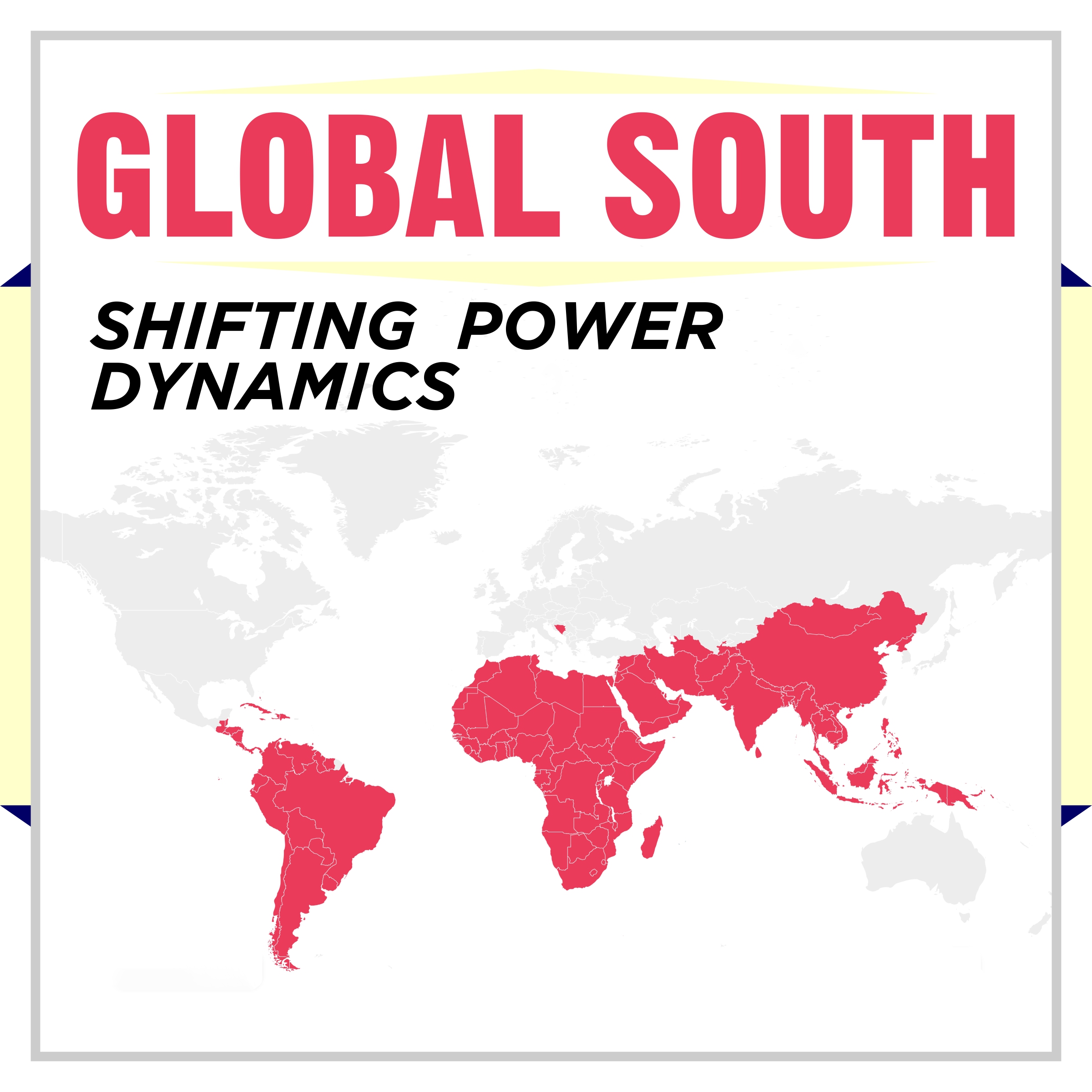The increasing reliance on digital technologies has also given rise to a new domain of warfare: cyber warfare. Software power has enabled nations to develop advanced cyber warfare capabilities, allowing them to disrupt adversaries' critical infrastructure and compromise sensitive information. Cyber warfare has become a critical component of modern warfare, with nations investing heavily in developing their cyber capabilities. For example, the United States has established a dedicated cyber command, which is responsible for conducting cyber operations against adversaries. Similarly, Russia has been accused of engaging in cyber warfare against several countries, including the United States and Ukraine. The stealthy realm of digital warfare highlights the importance of software power in modern geopolitics, as nations seek to leverage cyber capabilities to gain strategic advantages.
Software power has also become a key driver of economic growth and innovation. The development and deployment of software solutions have enabled companies to enhance their productivity, efficiency, and competitiveness. Nations that have invested heavily in software development, such as the United States and China, have reaped significant economic benefits. For instance, the software industry in the United States accounts for a significant proportion of the country's GDP, with major tech companies like Google, Apple, and Microsoft driving innovation and growth. Similarly, China has emerged as a major player in the global software market, with companies like Alibaba and Tencent leading the charge. The silicon sword of software power has thus become a critical component of modern economies, driving growth, innovation, and competitiveness.
The proliferation of digital technologies has also enabled the collection and analysis of vast amounts of data. Software power has thus become a critical component of global surveillance, allowing nations to gather and analyze data on a massive scale. This has significant implications for national security, as nations can leverage data analytics to identify potential threats and anticipate adversary actions. For example, the United States National Security Agency (NSA) has been accused of engaging in mass surveillance programs, leveraging software power to collect and analyze data on millions of individuals. Similarly, China has developed a sophisticated surveillance state, leveraging software power to monitor and control the actions of its citizens. The role of software power in shaping global surveillance thus highlights the complex and often contentious nature of data collection and analysis in the modern era.
Software power has also become a critical component of modern influence operations. Nations and non-state actors can leverage software solutions to shape public opinion, undermine adversary narratives, and promote their own interests. Social media platforms, in particular, have become a key battleground in the realm of influence operations. For example, Russia has been accused of leveraging social media platforms to influence the outcome of the 2016 US presidential election. Similarly, China has been accused of using social media platforms to promote its own narrative and undermine the legitimacy of its adversaries. The role of software power in shaping the narrative thus highlights the complex and often contentious nature of influence operations in the modern era.
Finally, software power plays a critical role in securing critical infrastructure in the digital age. As nations increasingly rely on digital technologies to manage and operate critical infrastructure, the need for robust cybersecurity measures has become paramount. Software solutions can help nations protect their critical infrastructure from cyber threats, ensuring the continuity of essential services like power, water, and transportation. For example, the United States has established a dedicated agency for cybersecurity and infrastructure security, which is responsible for protecting the nation's critical infrastructure from cyber threats. Similarly, the European Union has launched several initiatives aimed at enhancing the cybersecurity of critical infrastructure across member states. The role of software power in securing critical infrastructure thus highlights the importance of robust cybersecurity measures in the digital age.
In conclusion, software power has emerged as a critical component of modern geopolitics. From digital diplomacy and cyber warfare to economic dominance and global surveillance, software power is shaping the dynamics of international relations, global economies, and national security. As nations continue to rely on digital technologies to advance their interests, the importance of software power will only continue to grow. It is therefore essential for policymakers, business leaders, and scholars to develop a deeper understanding of the role of software power in modern geopolitics, and to explore strategies for harnessing its potential while mitigating its risks.
The future of software power in geopolitics will likely be shaped by several key trends, including the increasing use of artificial intelligence and machine learning, the growing importance of cybersecurity, and the emergence of new technologies like blockchain. As these trends continue to evolve, nations that are able to adapt and innovate will be well-positioned to leverage software power to advance their interests and maintain their competitive edge.
However, the increasing reliance on software power also raises important questions about the potential risks and unintended consequences of this trend. For example, the growing use of artificial intelligence and machine learning in geopolitics raises concerns about the potential for bias and error, as well as the need for greater transparency and accountability. Similarly, the increasing importance of cybersecurity highlights the need for nations to develop more robust defenses against cyber threats, while also avoiding the temptation to engage in reckless and destabilizing cyber behavior.
Ultimately, the future of software power in geopolitics will depend on the ability of nations to navigate these complex challenges and opportunities. By developing a deeper understanding of the role of software power in modern geopolitics, and by working together to establish common norms and standards for the use of software in international relations, nations can help ensure that software power is used to promote peace, stability, and prosperity, rather than conflict and instability.
As the world continues to evolve and become increasingly interconnected, the importance of software power in geopolitics will only continue to grow. It is therefore essential for nations to develop a comprehensive understanding of the role of software power in modern geopolitics, and to work together to establish a framework for the responsible use of software in international relations. By doing so, nations can help ensure that software power is used to promote peace, stability, and prosperity, rather than conflict and instability.

